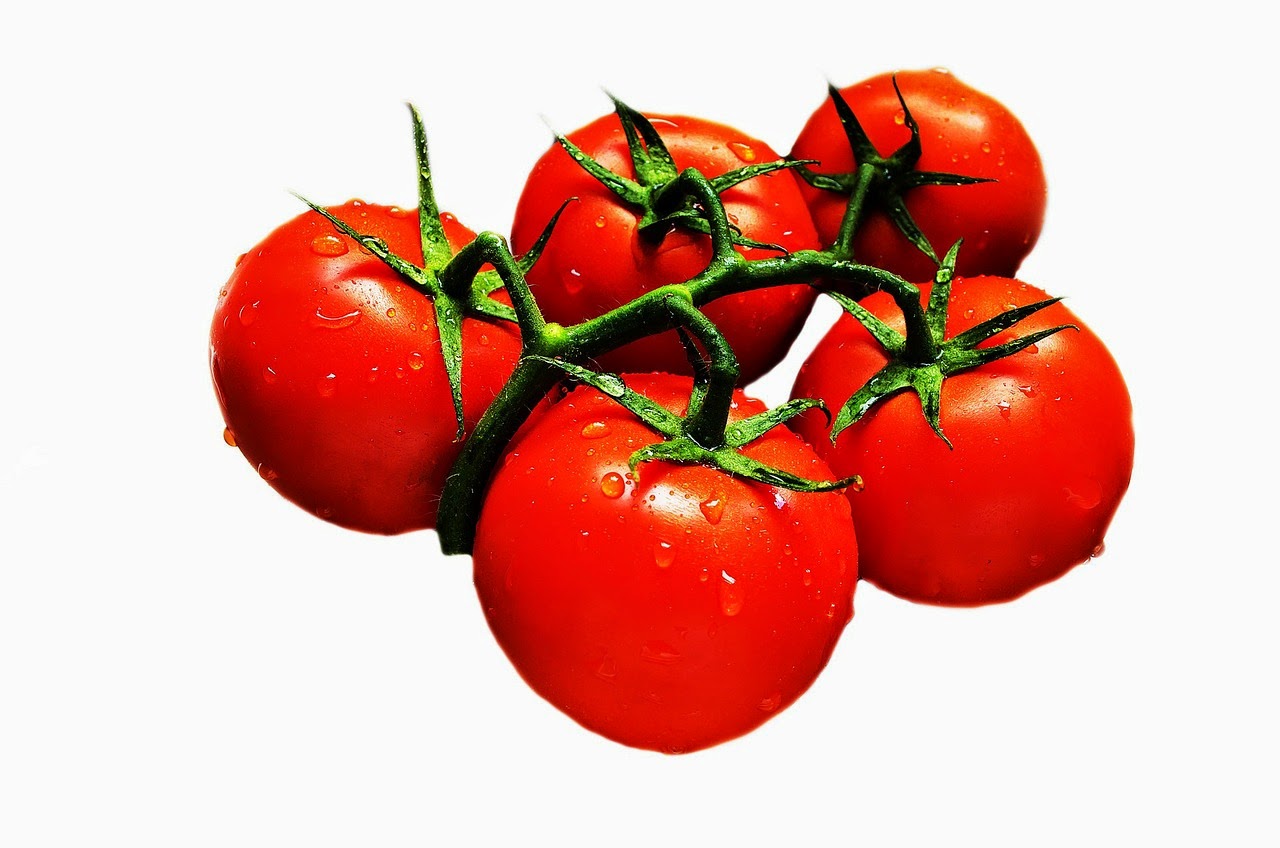
Spring has
sprung and has brought with it two important decisions concerning plants,
Decisions G2/12 (Tomatoes II) and G2/13 (Broccoli II) by the Enlarged Board of
Appeals of the European Patent Office (EPO).
The two decisions confirm that the EPO considers product
claims directed to plants to be admissible, and this extends to parts of plants
(G2/13) and to such plant material as a fruit (G2/12), even where on the filing
date of the application the plants claimed were only obtainable by an
essentially biological process disclosed in the application. The decision in
Broccoli II (G2/13) has further ruled that the plant or plant material may be
defined in terms of the process for obtaining it ("product-by-process claims"),
even where the features of the process in question define an essentially
biological process for producing plants, subject to the condition that a single
plant variety is not claimed.
These decisions make clear that the exclusion of essentially
biological processes for producing plants and animals from patentability under
Article 53(b) of the European Patent Convention (EPC) does not extend to the
plants and parts of plants produced using those processes. Nevertheless, claims
directed to such products may not relate to a single plant variety, because
Article 53(b) EPC also excludes plant and animal varieties from patentability.
Rule 27(b) Implementing Regulations to the EPC specifies this same bar to
patentability in detail, stipulating that biotechnological inventions
concerning plants shall be patentable only if the technical feasibility of the
invention is not confined to a particular plant variety.
This is not the first time that the Enlarged Board of
Appeals has been asked to interpret Article 53(b) EPC. Two earlier decisions
also concerning tomatoes and broccoli, G1/08 and G2/07, sought to elucidate the
conditions to be fulfilled by a process for producing plants in order to be regarded
as "essentially biological" and hence unpatentable. The two recent
decisions, G2/12 and G2/13, have held the products produced by such processes
to be patentable, provided that they fulfil the general patentability
requirements just like any other product and also fulfil the conditions laid
down in Rule 27(b) Implementing Regulations.
The significance of these decisions lies not only in their
shedding light on the criteria for assessing the patentability of inventions
under Article 53(b) EPC but also in the commercial importance of the products
concerned, now and in the future.
The inventions dealt with by these decisions are further
examples of mankind's relentless drive to enhance plant species for many
different purposes, for instance, to achieve greater food diversity. Broccoli
(Brassica oleracea italica) is a particularly apt example of the results
achieved, being a cultivar of the same species as cabbage, cauliflower, and
Brussels sprouts, all variations on the common ancestor, wild cabbage, which
have originating through selective breeding over the years. Humanity's role in
species diversification and in modifying specific attributes has been so
commonplace since Neolithic times that the public ordinarily views it not as a
biotechnology process giving rise to alarming products with unpredictable
consequences but rather as an intrinsic and natural part of human history. By
contrast, society often rejects other biotechnological inventions based on more
recent scientific advances, and this, in its turn, can sometimes influence
decisions regarding the patentability of those inventions or legislation
regulating the conditions of production or sale.

Experiencing mouthwatering seafood The Red Crab also has a lively and fun atmosphere, perfect for hanging out with friends or family. The staff is friendly and accommodating, and they go out of their way to make sure that every guest has a great experience. Visit seafood boil restaurant joliet il
ReplyDeleteThis is a pretty helpful and free games
ReplyDeleteThe decisions on patenting tomatoes and broccoli are fascinating! It's interesting to see how the EPO navigates the complexities of biotechnology and plant variety. Just like Retro bowl breathes new life into classic gaming, these rulings encourage innovation in food diversity.
ReplyDeleteThank you for your blog on Tomatoes and broccoli: products obtained by essentially biological processes are patentable it is useful for everyone to keep writing like this.
ReplyDeleteChandu Biology Classes
Choosing a registered office address is more than a regulatory decision; it is a strategic investment in a company’s future. A reliable UK Business Address supports compliance, protects privacy, and strengthens brand perception. When combined with a virtual office London solution, it enables businesses to operate with agility while maintaining a strong and credible presence in one of the world’s leading commercial centers.
ReplyDeleteStartitup Global offers more than just addresses; it provides a foundation for compliance, credibility, and strategic growth. Whether a business requires a UK Business Address, a professional registered office, or a prestigious virtual office london presence, Startitup Global delivers solutions that are reliable, scalable, and cost-effective.
ReplyDelete